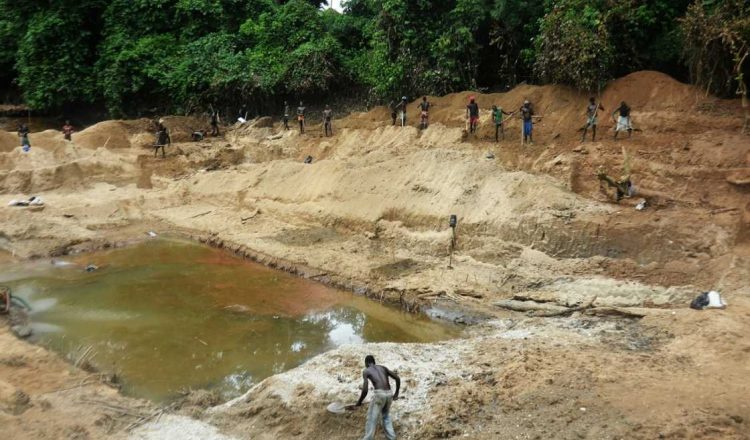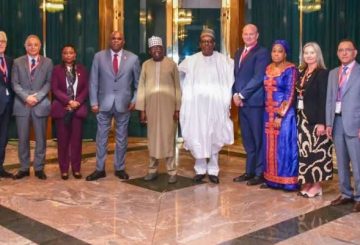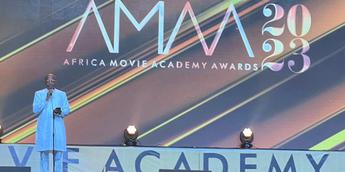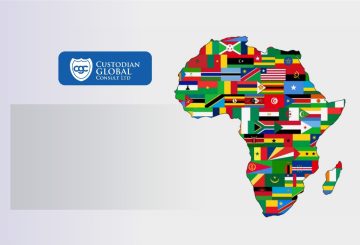Mines and Geology Minister Rufin Benam Beltoungou has passionately appealed to the Kimberley Process (KP) for a complete end to the decade-long diamond export embargo that has stunted economic growth and fueled instability. During the KP plenary assembly in Dubai, Beltoungou underscored CAR’s commitment to peace, emphasizing that improvements in security and compliance with KP’s traceability requirements demonstrate the nation’s readiness to re-enter the global diamond market.
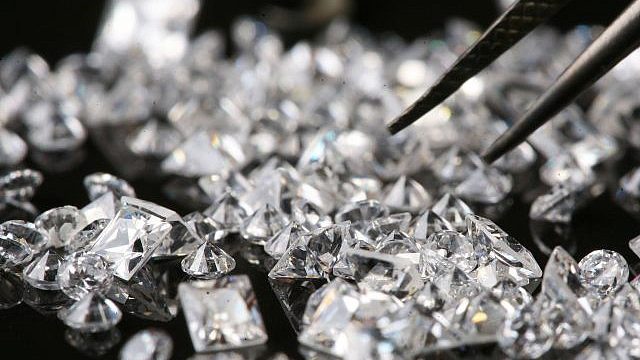
The embargo, imposed in 2013 when the country’s civil war erupted, aimed to curb the trade of “blood diamonds,” which fueled armed conflict and disrupted CAR’s development. Although CAR’s civil unrest has somewhat stabilized since 2018, sporadic violence and poverty continue to plague the nation, leaving citizens to bear the brunt of the export ban’s economic impact.
“The security situation has improved,” Beltoungou noted, “and we have invested heavily in ensuring traceability, as international standards demand.” This assertion follows the first KP assessment since 2015, where experts visited mining sites to evaluate compliance with anti-conflict diamond regulations. While acknowledging progress, Paul-Crescent Beninga from the KP’s Civil Society Working Group maintained cautious optimism, admitting that the final report’s influence on policy is uncertain.
The stakes for CAR are high: the country’s diamond and gold reserves represent invaluable assets for economic growth. In 2011, CAR’s diamond exports generated approximately $50 million, a figure that dropped to a stark $550,000 last year. Director-General of CAR’s KP Secretariat, Luc Florentin Simplice Brosseni Yali, pointed to the embargo’s effect on production regions where economic conditions have deteriorated. “Our communities are suffering,” he stated, “as restrictions primarily hinder the government while rebels exploit mining fields and fuel a black-market diamond trade.”
Yali stressed that lifting the embargo could drive positive change, offering young people alternatives to armed groups and fostering local economic development. He noted scenes from the recent KP assessment, where local youths and women pleaded for economic restoration, hoping to end the cycle of poverty and violence. Today, only one-third of CAR’s diamond-rich zones qualify as “green zones” permitted for export, leaving the remainder restricted.
Don’t miss:
“Do You Know Who I Am?” – The Art of Nigerian ‘Bigmanism’ and its Everyday Performers
The Nigerian Japa Syndrome: Myths and Truths (I)
The Things-Fall-Apart-Okonkwo Debate: Can Idris Elba Roll Fufu?
Further complicating CAR’s appeal, security volatility persists, as highlighted by the UN peacekeeping mission MINUSCA. Despite CAR President Faustin Archange Touadera’s plea for a full embargo lift at the last UN General Assembly, UN forces still report clashes over mining access and control, limiting economic normalization efforts.
On the financial front, a recent International Monetary Fund (IMF) assessment acknowledged security improvements but flagged an unstable business climate and regulatory uncertainty in mining. Still, the KP’s response to CAR’s appeal could shift the nation’s trajectory, either renewing hopes for recovery or deepening challenges.


